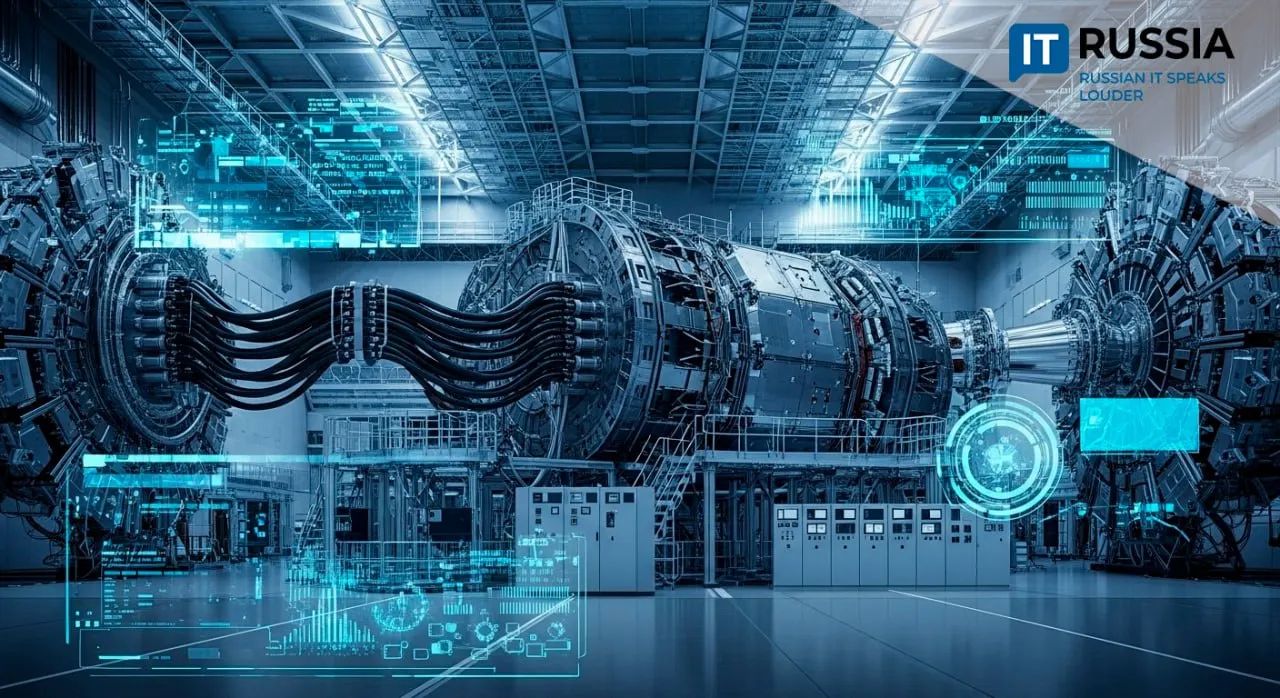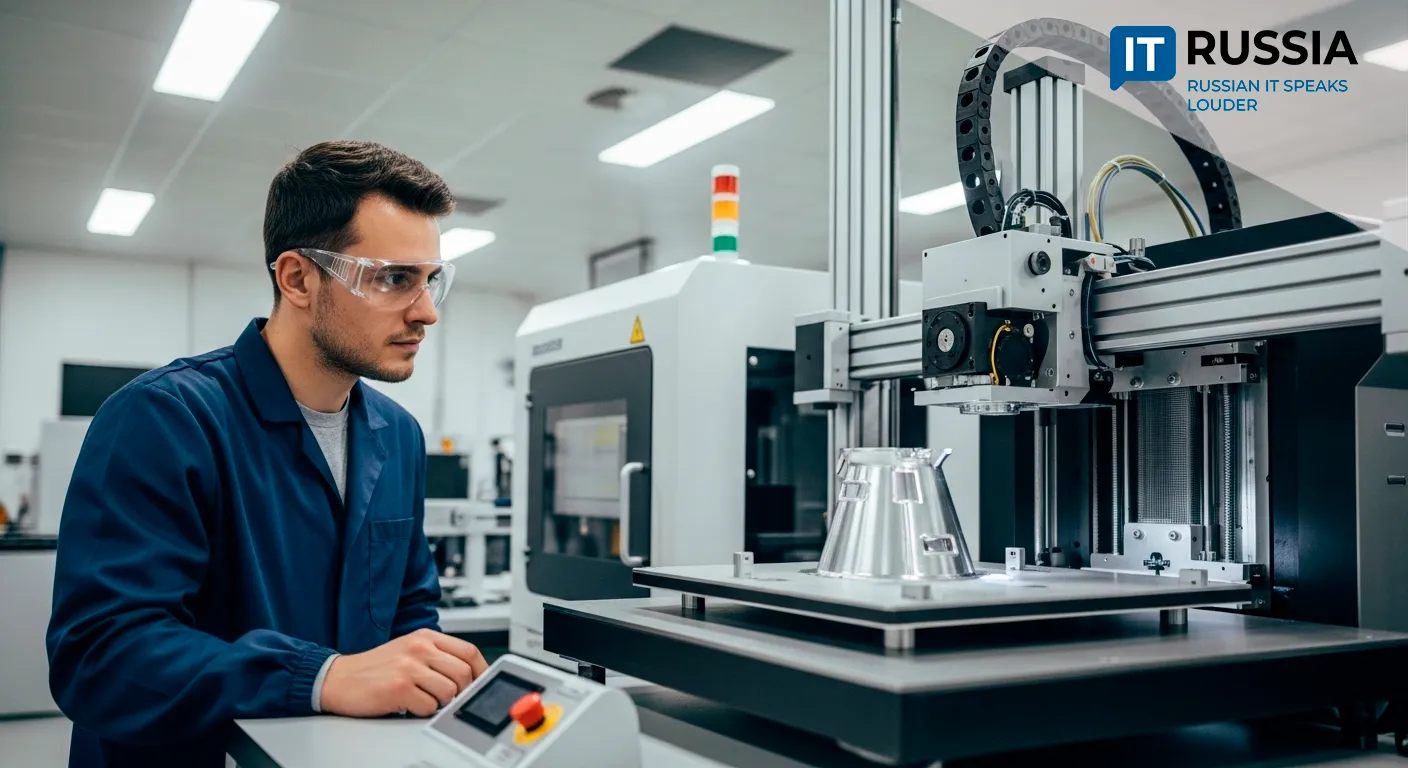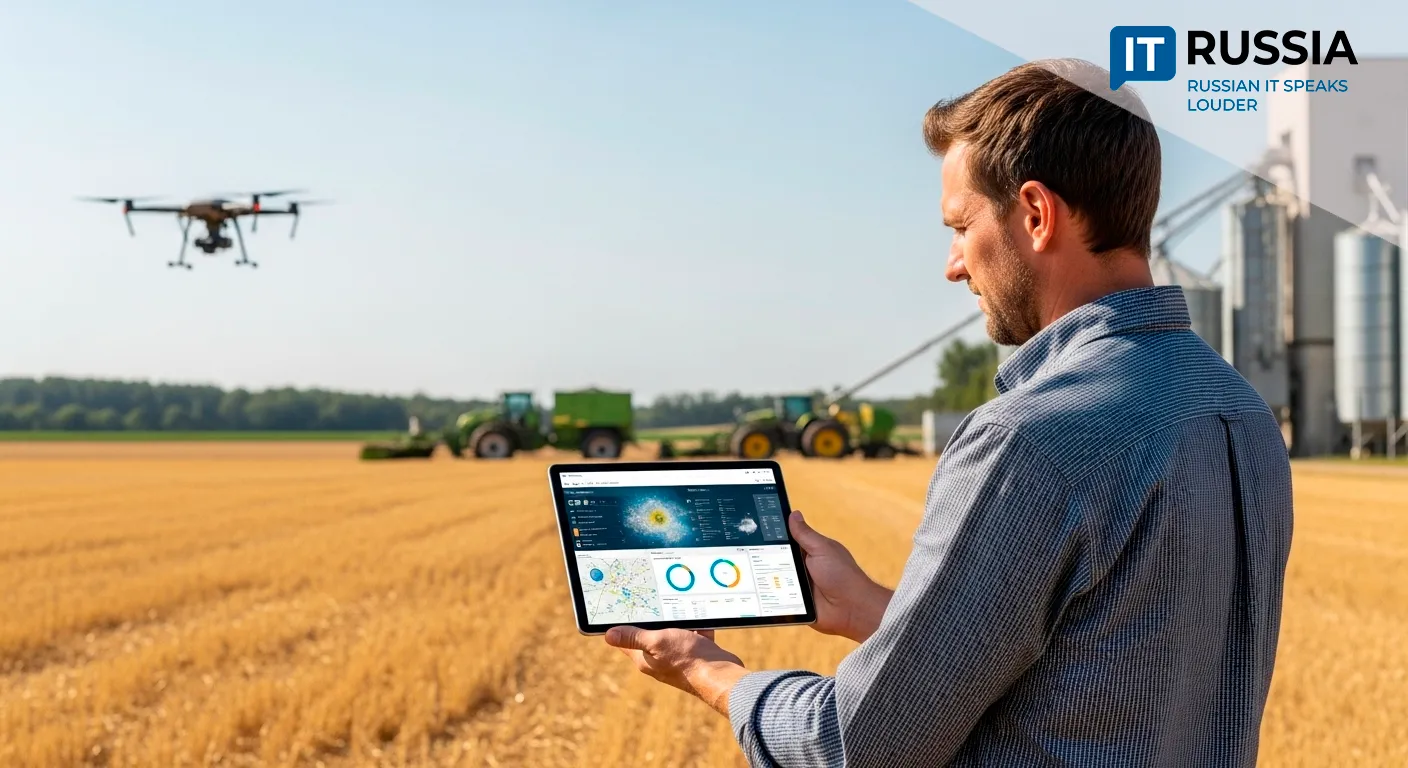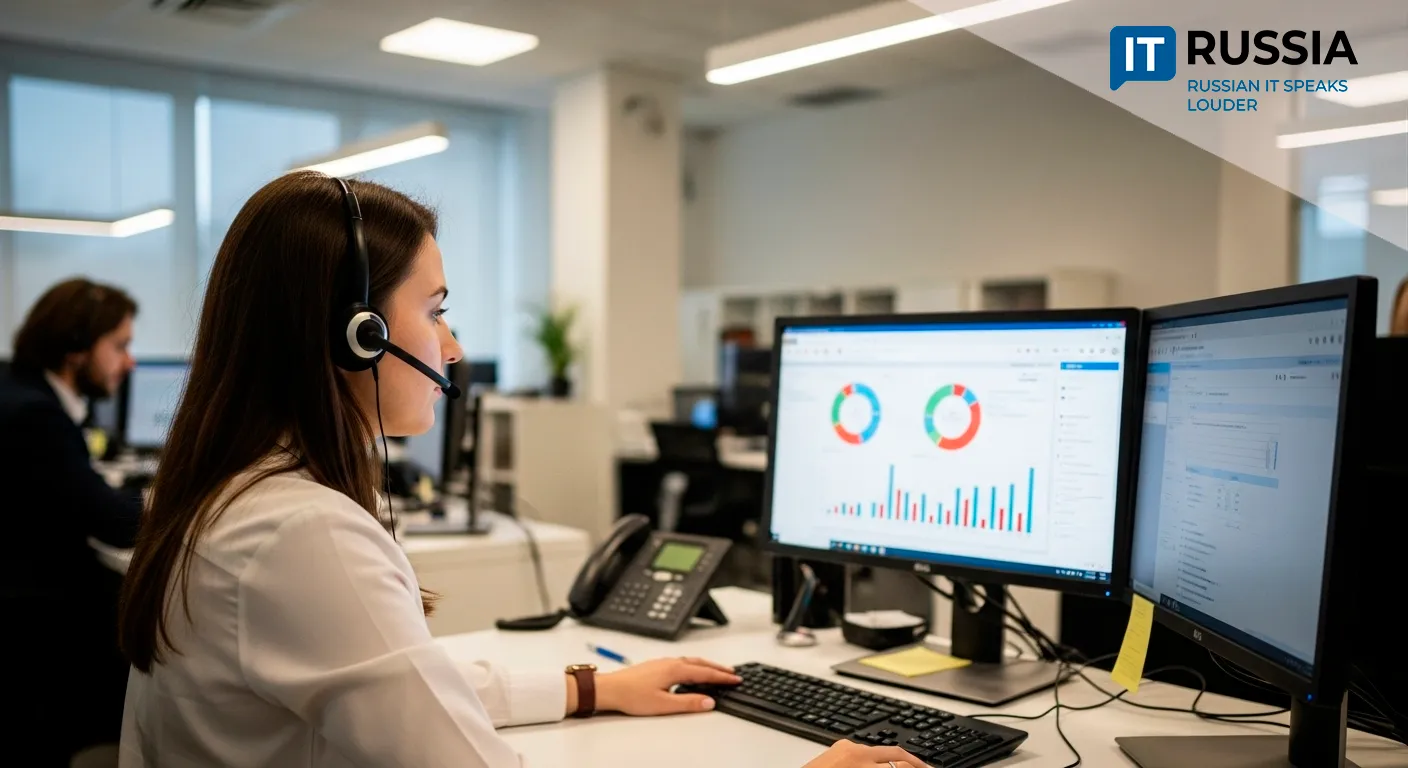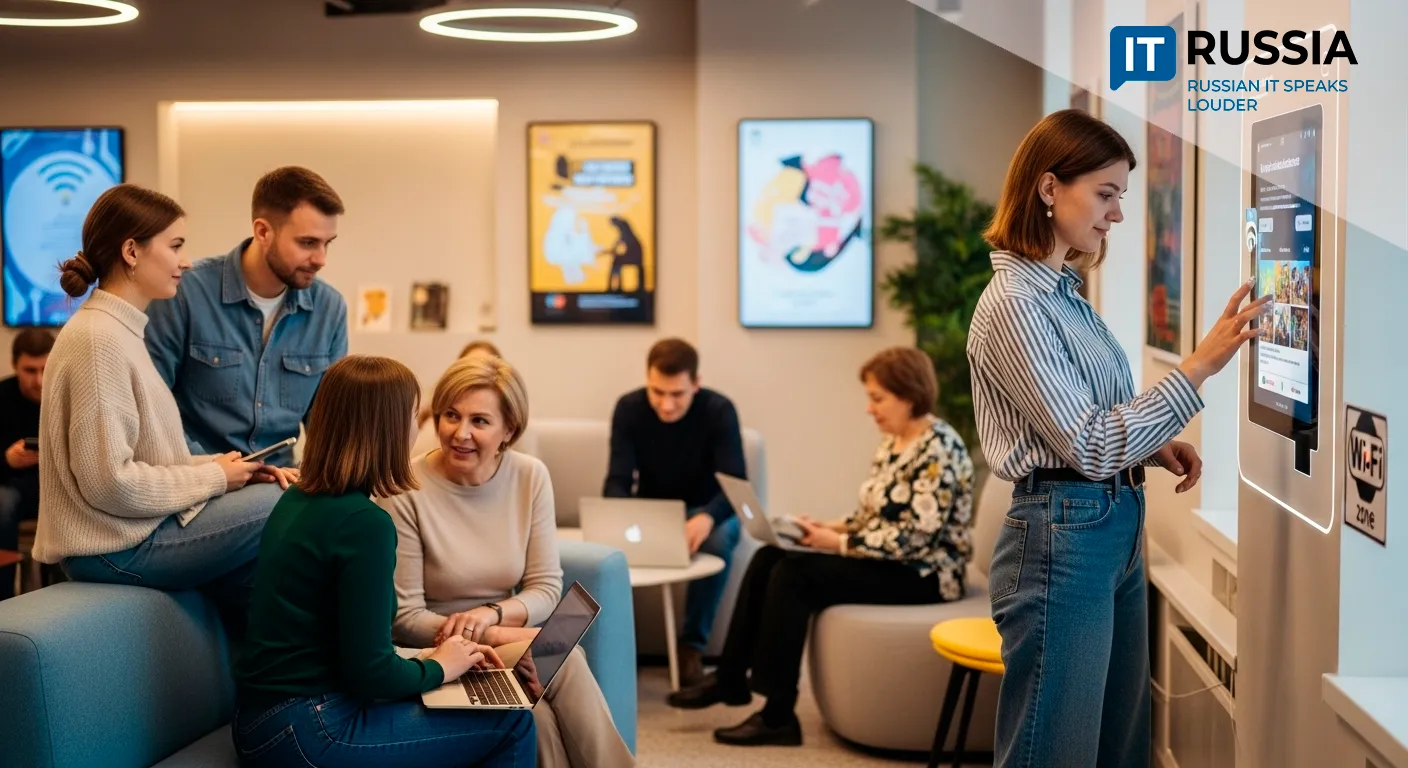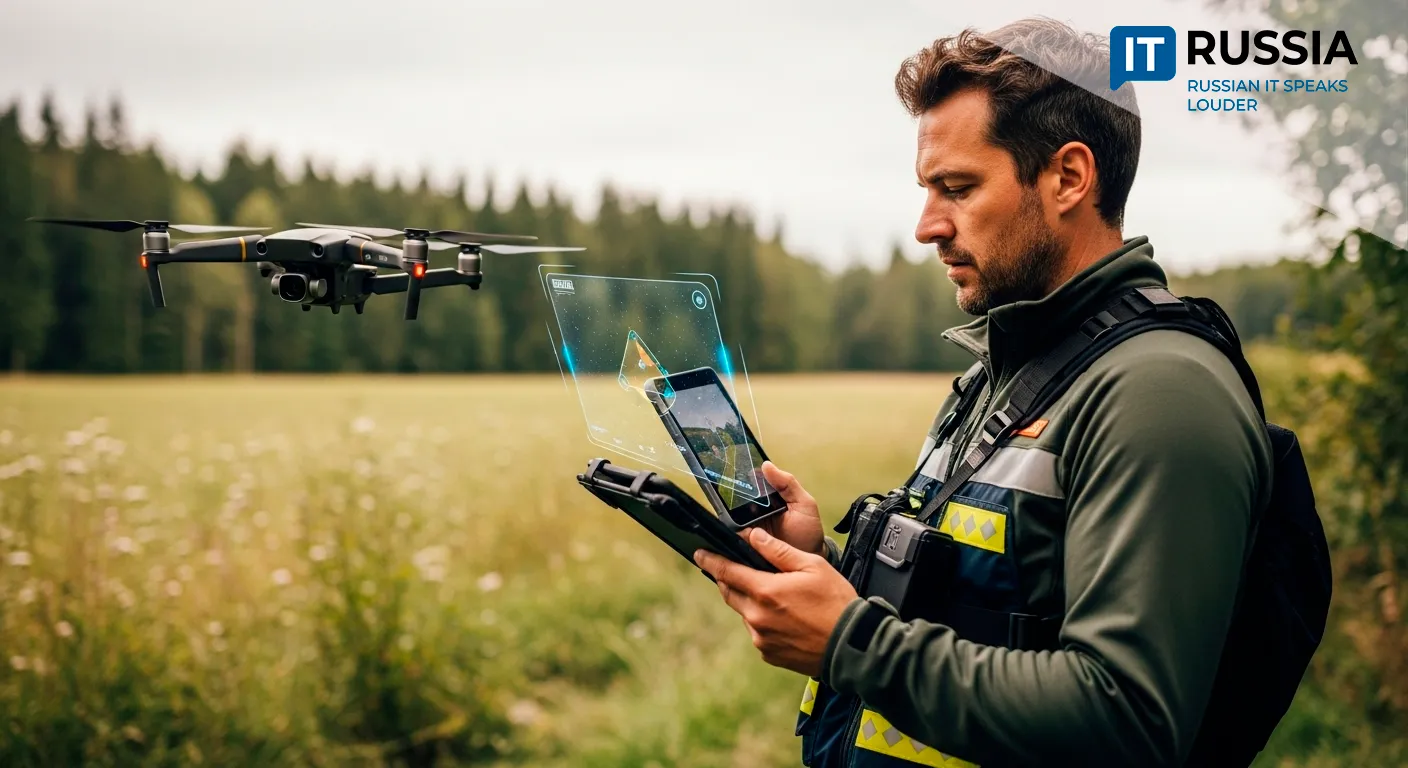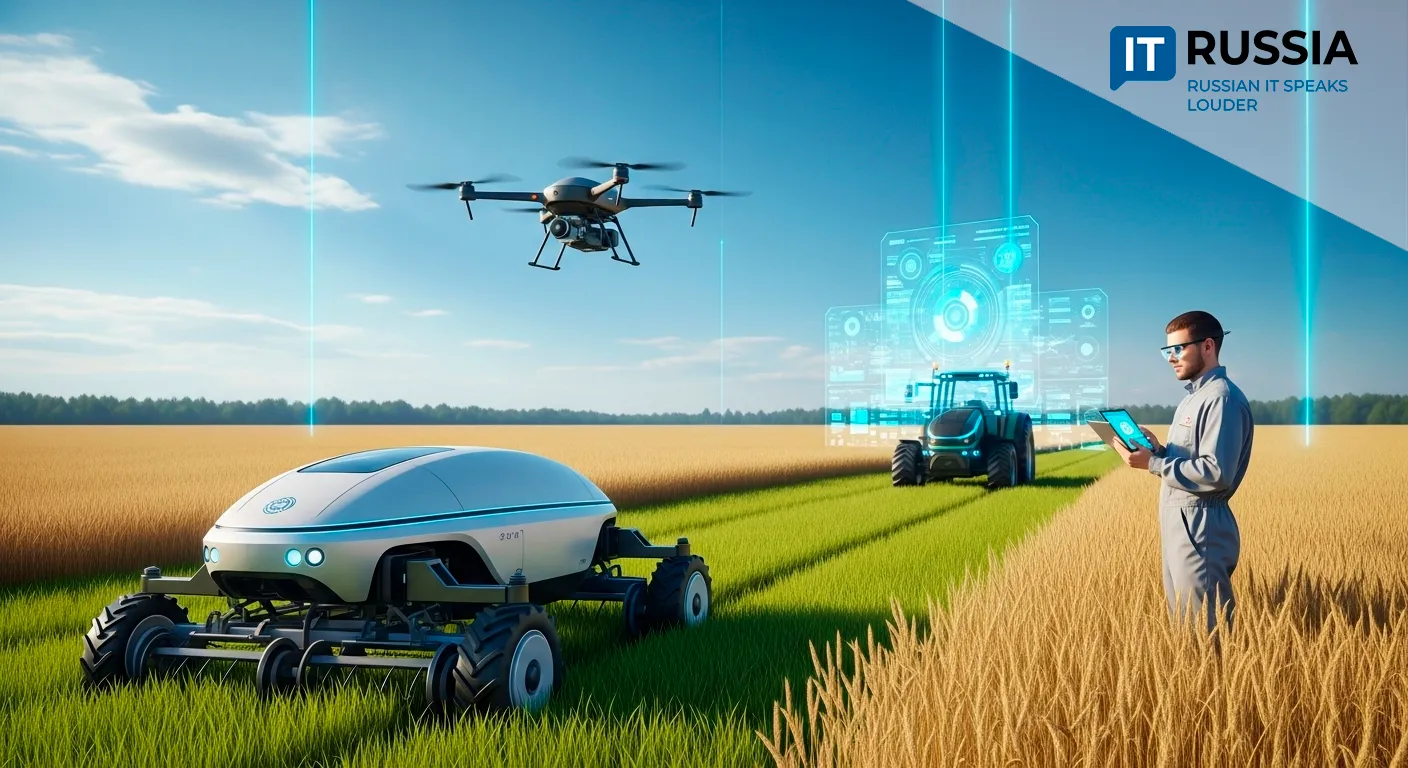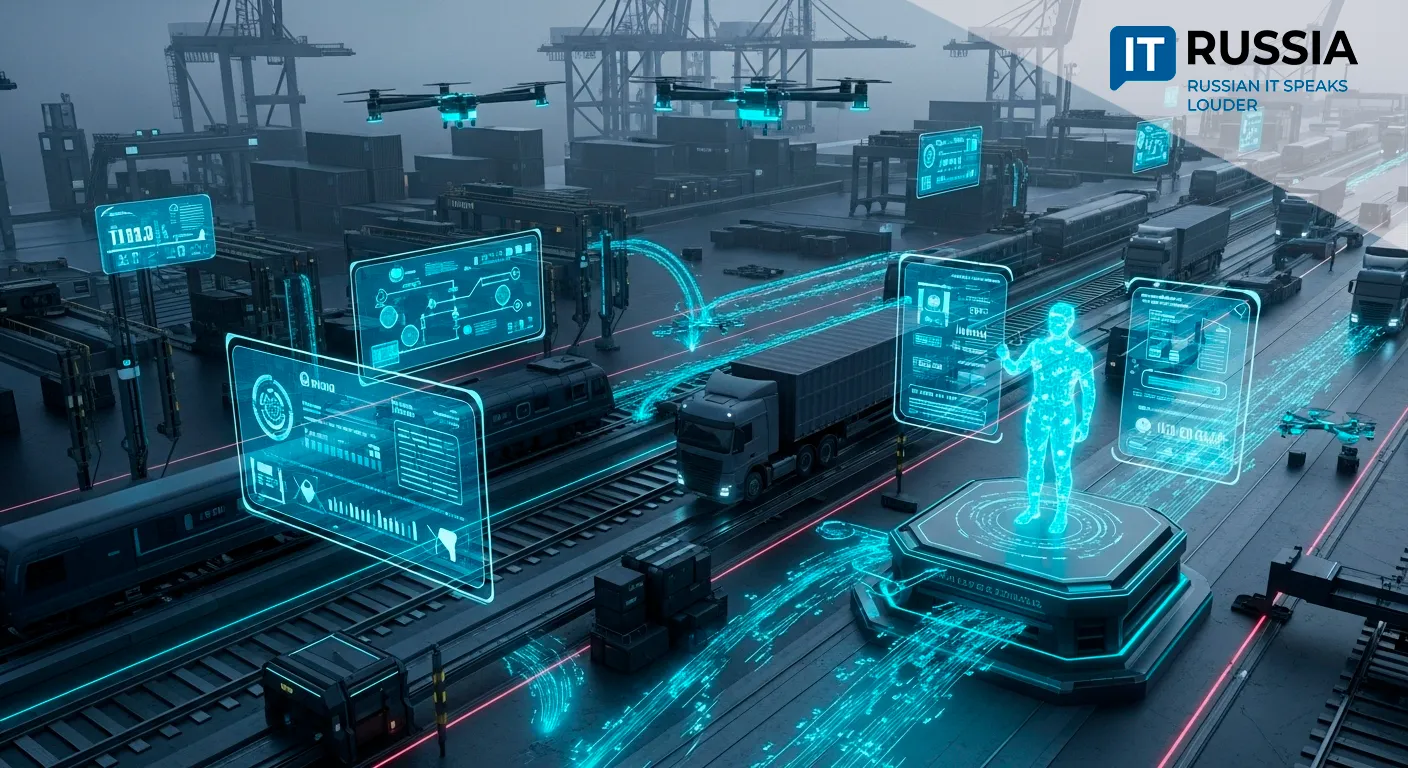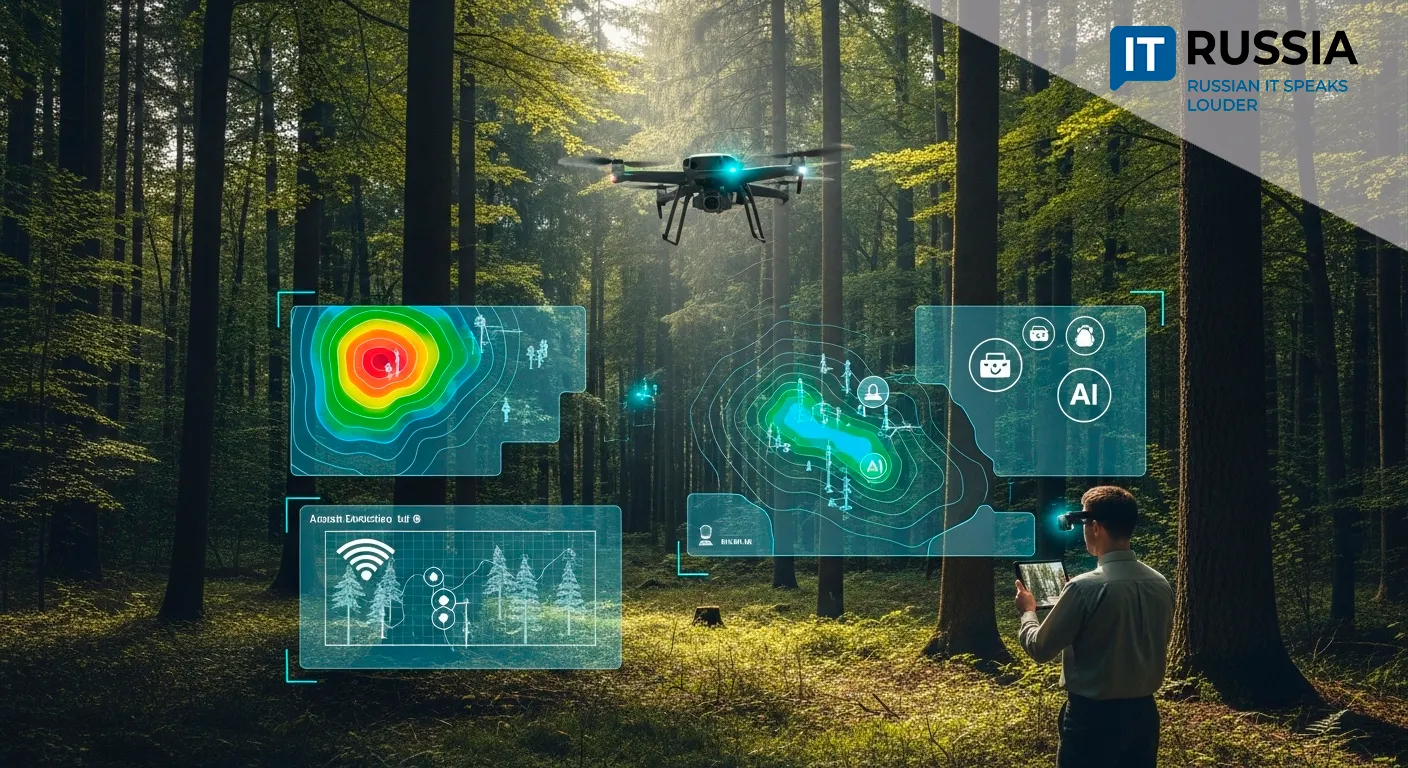Robot Sorter in Tyumen: How AI Is Transforming Waste Recycling
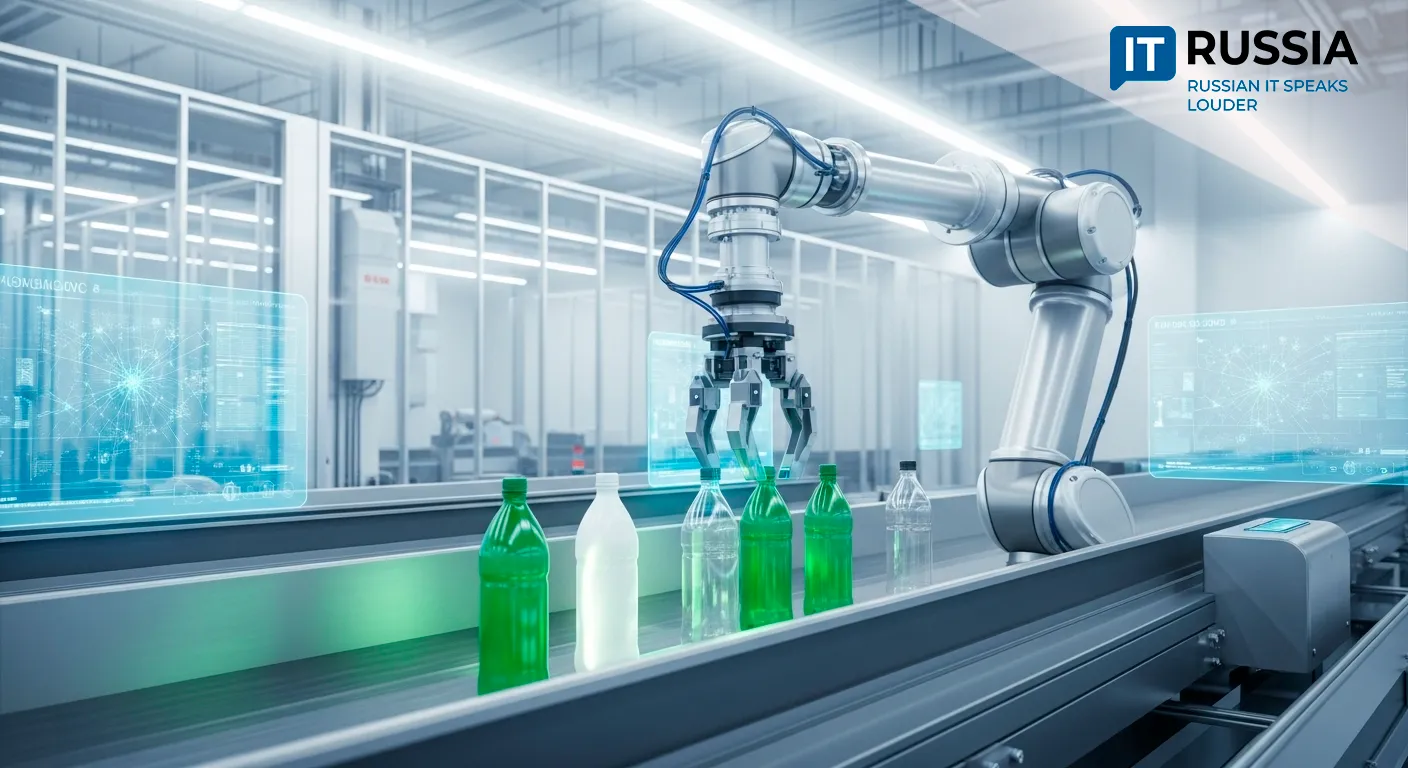
At the Tyumen waste‑sorting plant operated by TEO LLC, testing has begun on a neural‑network‑powered robot that automatically separates plastic containers by color and type—delivering up to 95 percent accuracy and heralding a new era in smart ecological technology
AI‑Powered Sorting for a Cleaner Planet
Equipped with machine vision, vacuum grippers, and deep‑learning models, the Tyumen sorter distinguishes and separates blue, clear, white, green, and brown PET—plus various plastic bottles—with 95 percent precision. While 60 to 80 percent of household waste is theoretically recyclable, poor on‑site sorting pushes that figure far lower. By handling between 600 and 1,500 tons of refuse daily, this robot boosts throughput and reliability—and, thanks to continuous training, is expected to reach peak efficiency by 2026. Beyond Tyumen, its success offers a global proof point: a demonstration of how AI can scale ecological solutions that attract foreign investment and drive down landfill volumes.
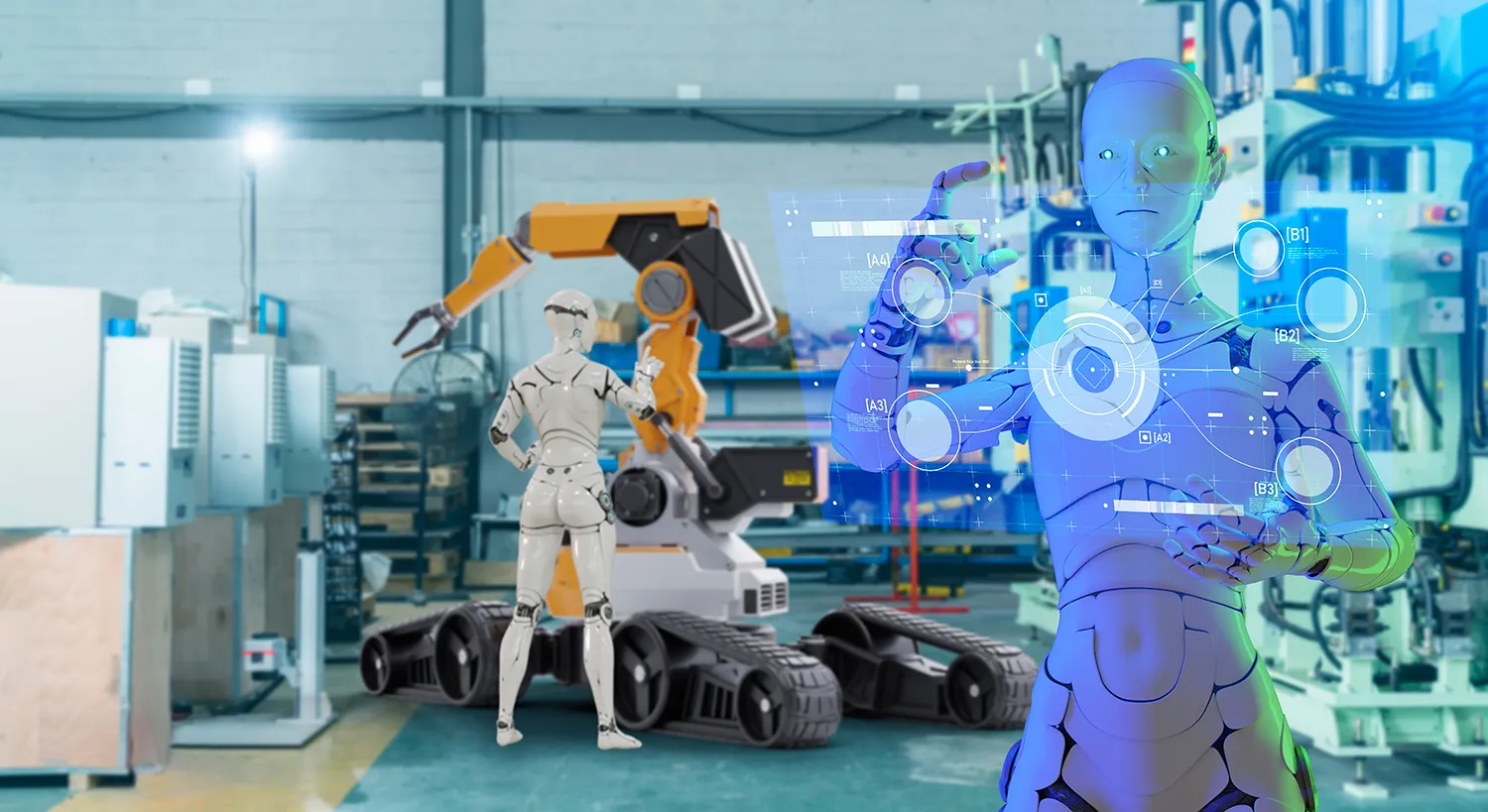
Export‑Ready Vision: From Tyumen to the World
With an eye on the broader market, TEO LLC plans to roll out this robotic system to other Russian facilities by 2026 and, ultimately, to CIS and Eastern European recyclers. Neural‑network algorithms and high‑resolution cameras are already in demand across Europe and the Middle East—where waste‑management firms seek automated sorting to cut labor costs and increase material recovery rates. Moreover, the Tyumen sorter could mesh seamlessly with “smart city” platforms and Big Data logistics tools, enabling real‑time tracking of waste streams and dynamic routing of collection vehicles.
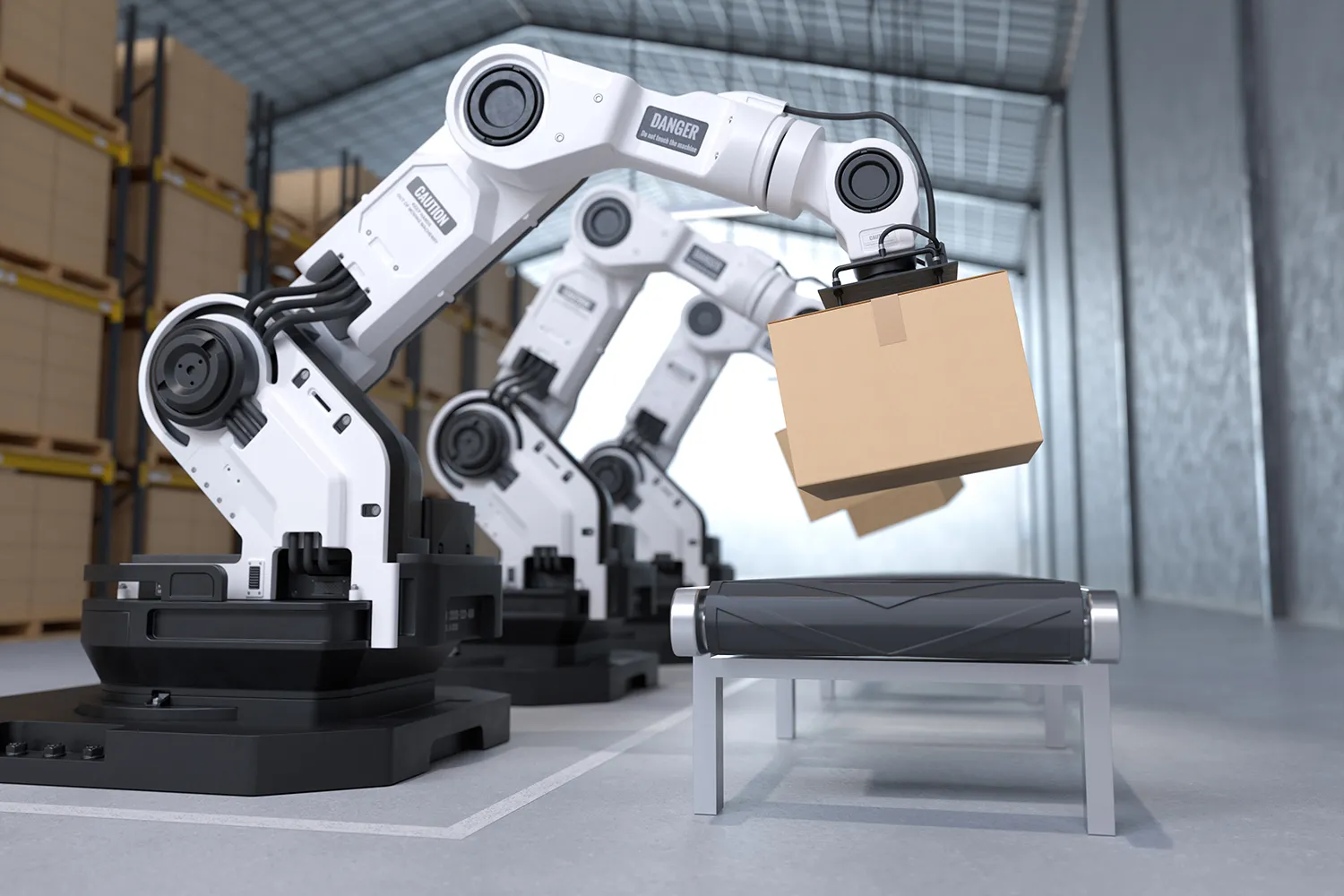
A Conveyor of Innovation
Tyumen’s initiative is part of a surge in AI‑driven waste projects across Russia:
– In Saint Petersburg, a composting robot uses sensors to mix, aerate, and monitor organic waste, producing odorless, dry granules ideal for soil enhancement.
– In Sochi, an 80 percent‑accurate AI manipulator identifies items on a conveyor and directs them to the correct processing bin.
– Moscow facilities deploy optical AI separators that target aluminum cans—regardless of dirt or color—diverting them into dedicated hoppers for high‑value recycling.
Each example underscores a shift from manual or semi‑automated sorting to fully robotic, data‑driven ecosystems—reducing contamination, cutting costs, and reclaiming more materials for reuse.
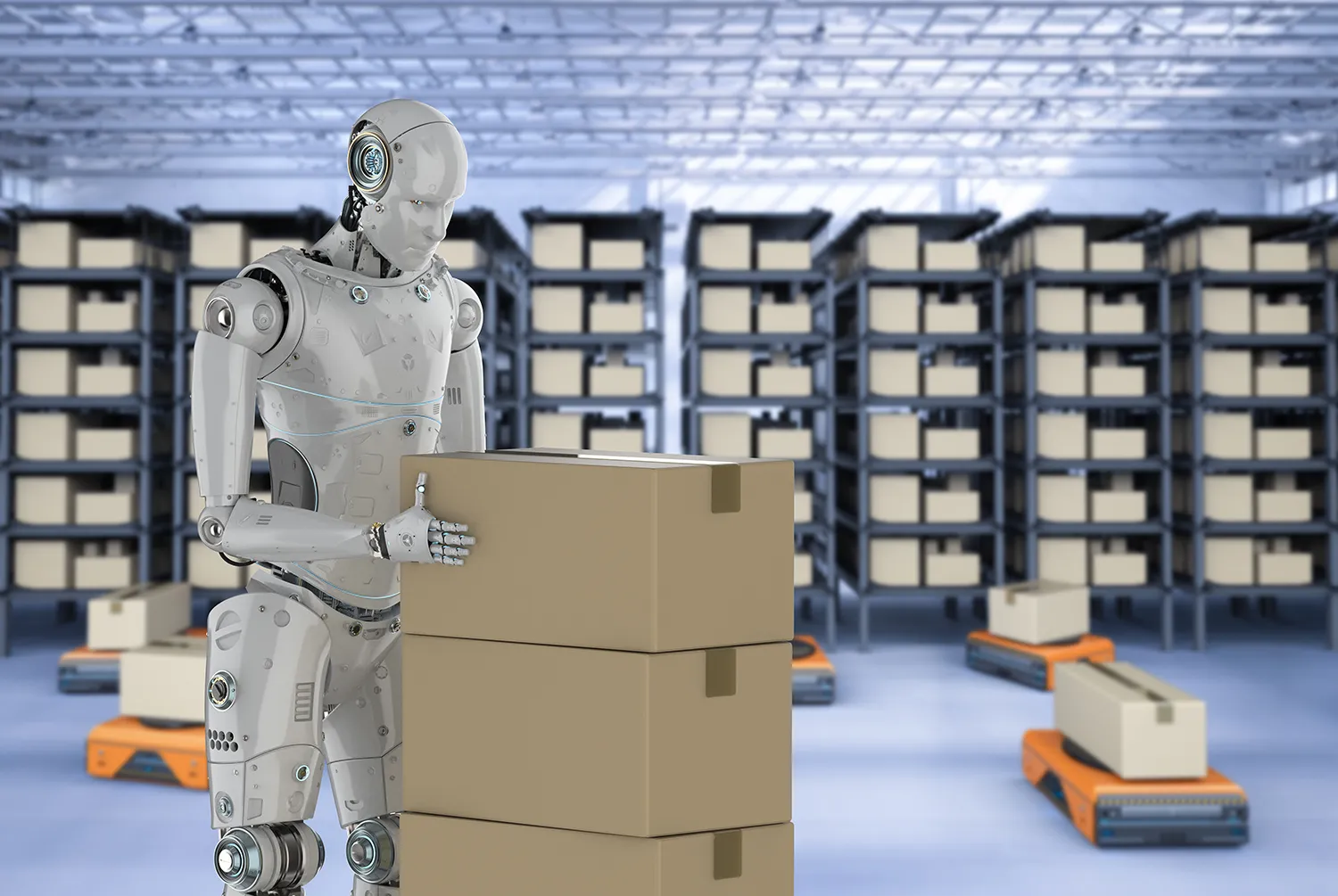
The Road Ahead: Scaling and Integration
Tyumen’s robot‑sorting pilot confirms a broader trend: AI and robotics are becoming indispensable tools in environmental management. By 2026, such systems could be mandated across Russia; by 2027–2028, homegrown sorters may enter global markets. Future developments will focus on modular designs, deeper waste‑stream analytics, and integration with urban infrastructure—proving that automation not only optimizes recycling but also positions Russia as a leader in sustainable technology.






